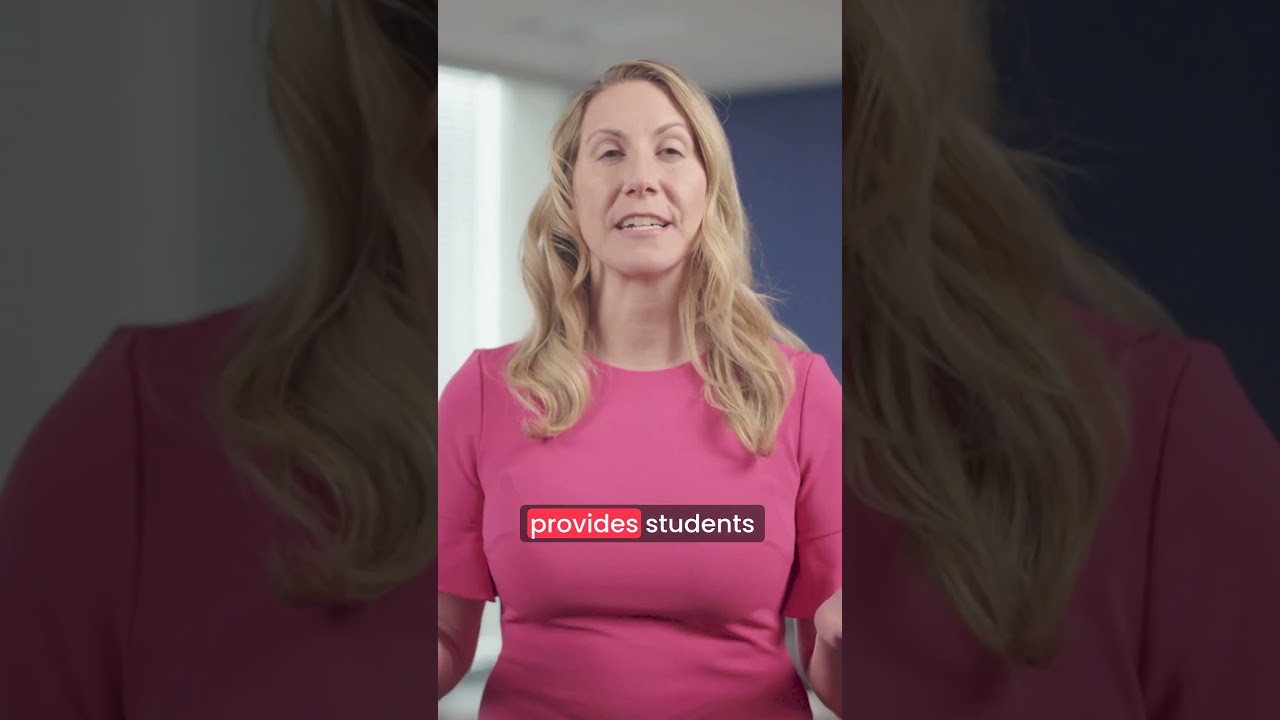Articles > Online College > What is a doctoral candidate vs. doctoral student?
What is a doctoral candidate vs. doctoral student?
Many people who earn a doctoral degree will, at some point, be both a doctoral student and doctoral candidate. While these roles may seem mysterious from outside the (real or virtual) halls of academia, the distinction is fairly simple.
Before covering the distinction, however, let’s get on the same page about doctoral degrees.
What is the degree pursued by doctoral candidates?
In academia, the doctoral degree sits at the very top and is pursued by doctoral candidates. Also referred to as a doctorate, a doctoral degree is the most advanced educational credential that can be earned. Though some fields of study (like journalism) don’t have a doctoral degree, most typical academic fields do, as do the fields of health, medicine, law, education and business.
Doctoral programs can lead to a PhD in a variety of fields, such as literature, philosophy and history, or a practitioner doctorate in a field like business, health administration, nursing or education. Doctoral degrees involve years of intensive study, and many require a book-length dissertation.
A PhD is not the only type of doctoral degree. There are also practitioner or professional doctorates, which may take the specific shape of medical doctorates, optometry doctorates, audiology doctorates, chiropractic doctorates, juris doctorates and others.
Such programs have their own conventions and terminology for various milestones. Some doctoral degrees, such as for law or medicine, focus on mastering the practice of a specific subject and the skills associated with that practice. As a result, terms such as candidate are not used universally among doctoral programs, and many of these programs do not include a dissertation.
Doctoral student vs. doctoral candidate
To pursue earning a doctorate, it is important to understand the difference between doctoral students and candidates.
What is a doctoral student?
A doctoral student is a person currently enrolled in a doctoral program at a university. Being a doctoral student involves completing a certain number of credits and coursework in an area of study and completing and passing several exams.
After students pass the qualifying exams (if the program requires it) and successfully complete required coursework, they become doctoral candidates.
What is a doctoral candidate?
A doctoral candidate leaves behind the structured learning schedule of a student. No longer does the candidate attend regular classes or take exams. Instead, they embark on a self-guided schedule for writing a dissertation. This culminates their studies and is tailored to their unique and individual areas of interest.
Candidates in doctoral programs work closely with the advisors who make up their dissertation committee. The advisors provide guidance and critiques as the candidate writes a book-length dissertation. While the advisors can help along the way, what sets the candidate apart from the student is that, rather than simply learning what others have already discovered, they are conducting and writing about their own original, approved research — and then demonstrating what they’ve learned, as well as how it fits in the broader field of study or can be applied to tangible problems.
Requirements of a doctoral program
Before graduate school, a student must complete years of university courses, typically two degrees, before a doctoral program will consider admitting them. However, some programs have more lenient requirements than others.
Doctoral programs tend to be intentionally difficult and rigorous courses of study. As mentioned, there are several educational levels before a doctoral degree that both students and candidates will need to pass.
The requirements for a doctoral student include:
- Prerequisite degrees: Doctoral programs usually require that students obtain a bachelor’s and a master’s degree first.
- Required coursework: Each program requires different courses, but most will be in the student’s area of study, with some focused on adjacent or complementary subjects. Additionally, foundational coursework prepares students to learn about the research process.
- Qualifying exams: Typically, students must pass qualifying exams to enter doctoral programs, but not all programs require entrance exams.
If a dissertation is part of the doctoral program, the doctoral candidate must:
- Select a dissertation advisor or committee: During a canidate's time as a doctoral student, they will come into contact with many instructors. They will typically only interact with the instructors who are their dissertation advisor or on their dissertation committee. The committee is the audience for the doctoral candidate and ensures the candidate demonstrates command of the literature and methodologies relative to their field.
- Choose a dissertation topic: This is a pivotal point in the journey to earning a PhD or doctorate. Many programs ask for a general topic as part of the initial application. Advisors will help create a specific and unique dissertation topic that will fuel work over the next several years.
- Write the dissertation: A dissertation or thesis will normally take a couple of years to write and will be a book-length culmination of the candidate's learning and research.
- Defend the dissertation or thesis: After submitting a final draft to the dissertation committee, the candidate will need to orally present their work to the committee, answer questions and defend the work.
The requirements for a doctorate take many years to complete. While some people complete doctoral degrees in three to five years, others take seven to 10 years. The time span depends on the specific area of study, whether classes are taken on a full-time or part-time schedule and how long it takes to complete the dissertation. This also includes the level of focus and intent.
PhD vs. practitioner doctorate
A PhD, or Doctor of Philosophy, is a doctoral degree that is focused on expanding and enriching an area of research. A PhD student typically focuses on developing new and original knowledge based on theory.
In contrast, a practitioner doctorate prepares students for leadership roles in their desired profession by applying existing knowledge to solve problems in their field or community. The practitioner doctorate generally involves rigorous curriculum, culminating in a dissertation or applied project that addresses a particular real-world problem.
Requirements of a practitioner doctorate and many practitioner programs
The requirements of a particular practitioner doctorate will vary according to the institution and the field of study. This makes sense considering that practitioner doctorates vary from juris doctorates to doctors of physical therapy.
While there may be similar experiences involved in the course of study, such as residencies or internships, the requirements are unique to the specific degree.
Interested in becoming a doctoral candidate?
While University of Phoenix does not have PhD programs, it does offer practitioner doctorates for doctoral candidates and students. Students might choose the UOPX programs because classes are flexible and offered online, and because of a unique “Scholar-Practitioner-Leader model.”
University of Phoenix doctoral programs are:

ABOUT THE AUTHOR
Brian Fairbanks is a freelance writer with a background in SEO content creation and blog article development
This article has been vetted by University of Phoenix's editorial advisory committee.
Read more about our editorial process.






